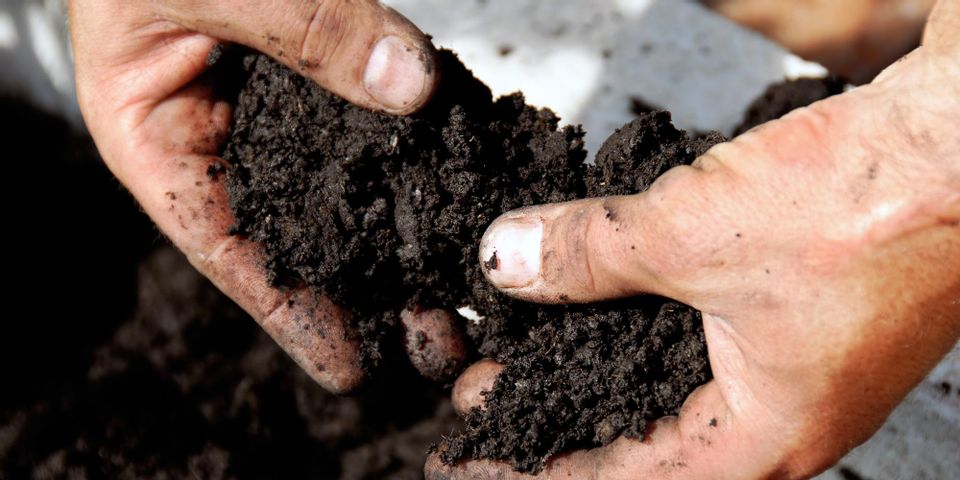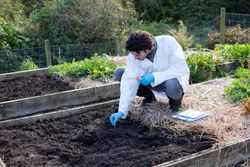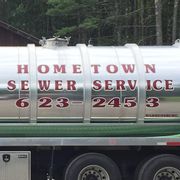
Soil plays a crucial role in the operation of your entire septic system. Understanding the relationship between your soil and your septic system will ensure both reliable septic tank function and properly prepared wastewater that is ready to reenter the ground. Below, learn more about this relationship, as well as some ways to test your soil for optimal septic performance.
The Role of Soil
First, it's important to know how a septic tank treats waste. After water and waste go down any drain in the home, they travel to the septic tank, where a chemical process separates heavier waste materials from lighter ones. Gravity pulls the heavier waste to the bottom of the septic tank, while the lighter material floats to the top. The effluent is the water in between. It flows out of a distribution box and into pipes that carry it to the drain field.
The soil that sits beneath the drain field treats the effluent as it leaves the pipes. In a sense, soil functions as the final filtration device before the effluent enters the drain field. Half of the soil is comprised of solid materials, like organic matter, and half is pore space, which contains the liquid and gas phases of the soil. Microbes in the soil feed on waste and break it down.
The physical properties of the soil also attract and break down chemicals, viruses, and pollutants. The soil must contain the right ratio of clay, sand, and silt; these particles hold wastewater before releasing it into the drain field.
Soil-Testing Methods
 Without the right particles and microorganisms, the soil cannot effectively break down waste. This poses serious sanitary risks, which is why soil testing is so critical. Several different soil tests can provide helpful information about the condition of your soil.
Without the right particles and microorganisms, the soil cannot effectively break down waste. This poses serious sanitary risks, which is why soil testing is so critical. Several different soil tests can provide helpful information about the condition of your soil.
A percolation test, or perc test, determines the water absorption rate of the soil. A microbial test detects the different types of microorganisms present. A soil texture test assesses the amount and characteristics of clay, sand, and silt.
In general, you don't want the soil to have excessive clay because it will be too compact. On the other end of the spectrum, too much gravel in the soil means effluent will pass through too fast without being broken down.
Regular septic tank pumping will also help keep your soil prepared for proper wastewater filtration. When you need septic system service in the Lake George area, trust the professionals at Hometown Sewer Service. Since 1949, they have been providing septic pumping and sewer cleaning, as well as grease trap cleaning in Warrensburg, NY. Call (518) 623-2453 or visit them online to schedule service.
About the Business
Have a question? Ask the experts!
Send your question

